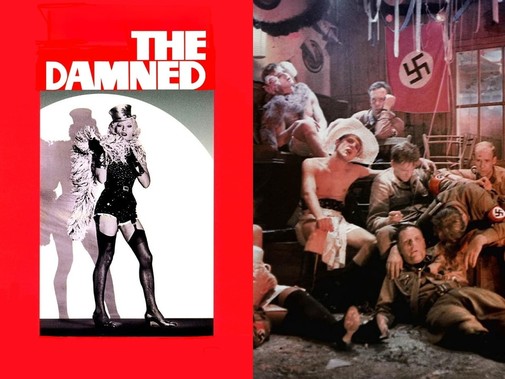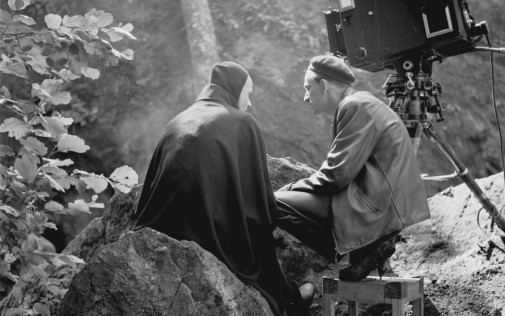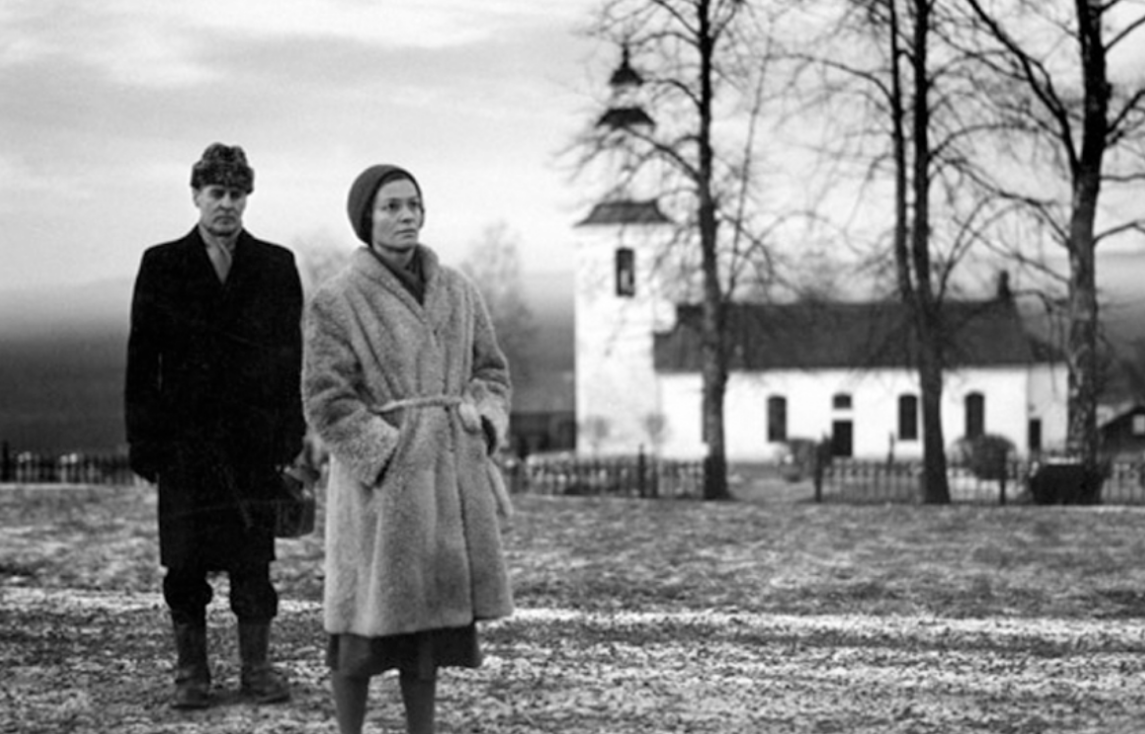Queering the Oscars: Visconti's "The Damned"
 Monday, June 19, 2023 at 2:00PM
Monday, June 19, 2023 at 2:00PM At the 42nd Academy Awards, the Best Original Screenplay category was a rarity of historical importance. You wouldn't know it in 1969, but all nominees would be studied for years to come. Whether seen as seminal works in their author's careers or cultural milestones with much to reveal about the society that produced them, the films form an illustrious bunch, going from Bob & Carol & Ted & Alice's pop psychology to the revisionist brutality of The Wild Bunch. The winner was Butch Cassidy and the Sundance Kid, a western which has inspired queer readings for over half a century though it was far from the queerest picture in the race.
That would be Luchino Visconti's The Damned, marking the start of his German trilogy, the international metamorphosis of his cinema, and the most open expression of gay sensibilities in his oeuvre to that point…






